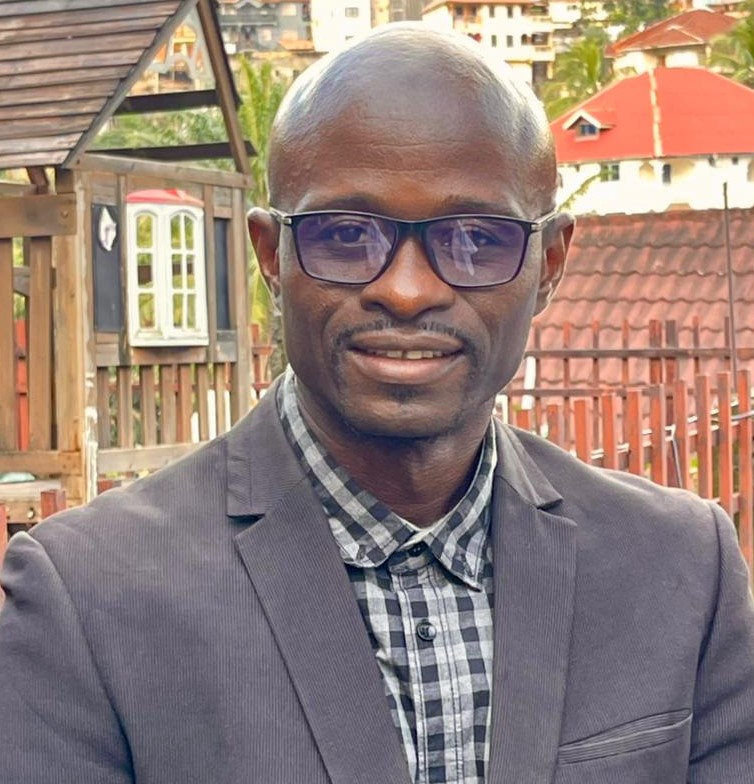By Bailor Amid Saheed Kamara
The 2023 general elections in Sierra Leone laid bare deep divisions in the nation’s electoral framework. The shift from the familiar First-Past-The-Post (FPTP) system to the District Proportional Representation (DPR) model for parliamentary and local council elections, introduced in the midst of political tension, sparked fierce debate over fairness, representation, and transparency. Tripartite Recommendation 78 offers a path to resolve this debate by calling for a national dialogue to determine whether Sierra Leone should retain DPR or return to FPTP. Acting on this recommendation well before the 2028 elections is not just prudent—it is vital to safeguarding the credibility, inclusiveness, and stability of the democratic process.
The abrupt reintroduction of DPR in 2023 left many voters confused and disillusioned. In Kono District, residents lamented voting for party lists rather than individuals they knew, weakening the sense of direct accountability. Under DPR, representation became more about party structures than community voices, creating a gap between citizens and their elected officials. International experience offers a warning here: Ghana and Kenya have shown that stability in electoral rules, coupled with broad public consultation before major reforms, restores public confidence and strengthens democratic legitimacy.
Changing electoral rules too close to voting day invites legal battles, boycotts, and even unrest. Sierra Leone has seen this before—delays in finalizing constituency boundaries in 2007 triggered political disputes just weeks before the polls. The African Union’s Charter on Democracy, Elections and Governance explicitly warns against altering electoral systems within six months of an election without broad political consensus. Acting early on Recommendation 78 would prevent a repeat of such destabilizing last-minute crises.
The choice between DPR and FPTP also strikes at the heart of the balance between fair representation and accountability. While DPR is designed to mirror voter preferences proportionally, it can weaken the personal responsibility of MPs to specific communities. FPTP, by contrast, fosters direct accountability but often sidelines smaller political forces. Under FPTP, districts like Kailahun and Koinadugu benefited from close ties between communities and their MPs. Under DPR, many were unsure whom to approach on local issues because MPs were drawn from centralized party lists. Other nations, such as New Zealand, have bridged this gap through hybrid systems that combine proportional fairness with local accountability—models worth exploring through the proposed national dialogue.
The DPR’s current threshold of 11.9% presents another problem: it locks out smaller parties and independents, narrowing political competition. The All Political Parties Association (APPA) has urged lowering this threshold to 5% or less, a change that could open the door for more diverse voices in Parliament. Internationally, South Africa’s proportional system has no such barrier, ensuring that even smaller political movements can win representation and contribute to national discourse.
If left unresolved, electoral disputes risk deepening Sierra Leone’s political polarization. The 2023 elections saw opposition parties questioning the fairness of the DPR rollout, leading to strained relations and governance boycotts. Tunisia’s post-Arab Spring experience shows how inclusive, early dialogue between political parties, unions, and civil society can forge an electoral system acceptable to all and stabilize a fragile democracy.
The stakes are also international. Sierra Leone’s partners—among them the African Union, ECOWAS, and the Commonwealth—are closely watching electoral reforms. Implementing Recommendation 78 early would demonstrate a commitment to democratic best practice, boosting foreign confidence and unlocking international support for voter education, monitoring, and election technology.
The decision between DPR and FPTP is not a mere technicality; it will shape how fair, inclusive, and stable Sierra Leone’s elections will be for years to come. If Recommendation 78 is implemented in good time, the nation will have the space for open dialogue, consensus-building, and legal certainty before voters head to the polls in 2028. Delay risks repeating the mistakes of 2023. Timely, transparent, and inclusive reform could instead set the stage for the most credible and peaceful elections in the country’s history.

